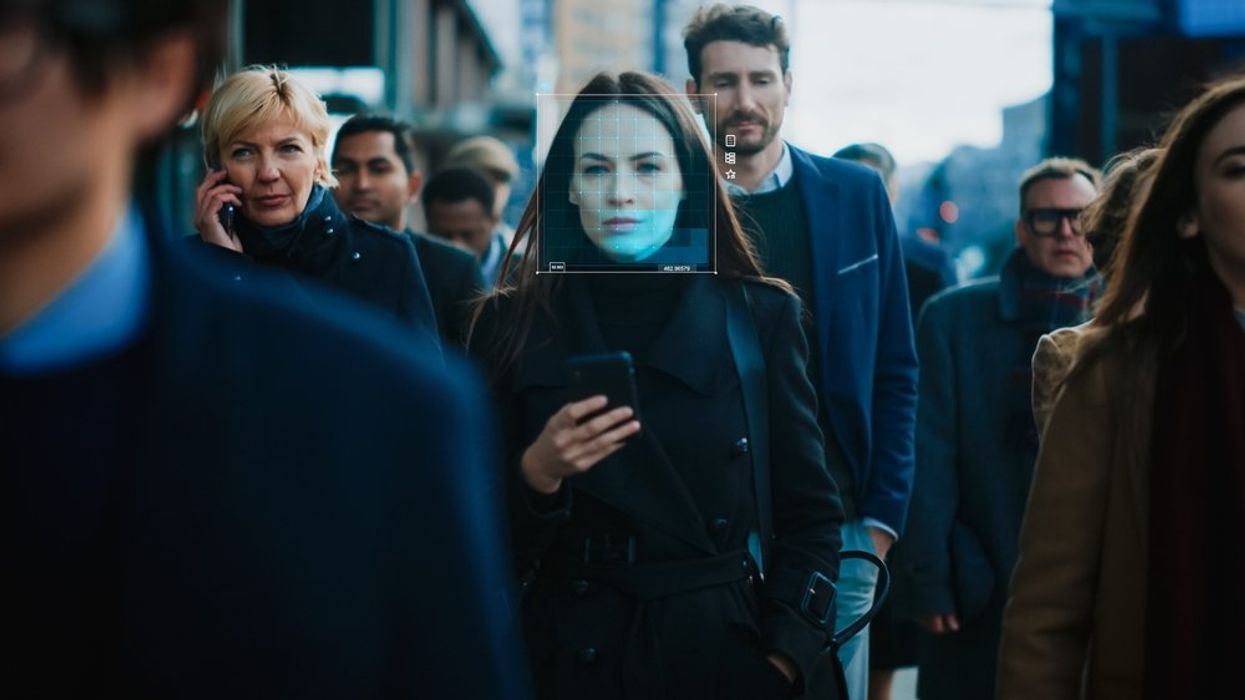Patients who travel out-of-state to receive abortions or gender-affirming care are at risk of increased surveillance by law enforcement, according to a new report.
The study from the Surveillance Technology Oversight Project (STOP) highlights the risks patients face when travelling for health care that has been criminalized in their homes.
“Surveillance doesn’t stop at the state line,” said Albert Fox Cahn, executive director of STOP. “Even as progressive states seek to protect abortion and gender affirming care within our borders, anti-choice states are continuing to expand the threat that they will prosecute residents who leave the state to find evidence-based medical treatment.”
Fifteen states have enacted abortion restrictions, whereas gender-affirming care for youth is currently banned in 20 states, with seven states also restricting it for adults. In May, Idaho enacted a law that criminalized travelling out-of-state for the procedures, with those travelling for abortions facing a minimum of two years in prison.
The report notes that the legislators "opposed to abortion and gender-affirming care" are pushing to enact laws that "reach beyond their states’ jurisdictional bounds to punish residents for seeking care that is perfectly legal where it’s administered."
According to the report, license plate readers, ticket information, and street cameras can be used by law enforcement to track and identify those “seeking, facilitating, or providing out-of-state care.” While they can “weaponize data" available to them, they can also buy data from smartphone companies and hotels.
The report notes that mass transportation is a preferable method, as law enforcement is “unlikely to leverage knowledge" of specific bus or subway stops. However, paying with a phone or credit card is easily traceable information.
"It’s crucial for patients to understand the ways that their movements can be tracked by law enforcement, even out of state," Cahn continued. "And progressive lawmakers and travel companies must take urgent steps to protect the right to travel anonymously and safely. Until we do, every hotel reservation and bridge toll will be just one subpoena away from being used against a patient in court.”



















































